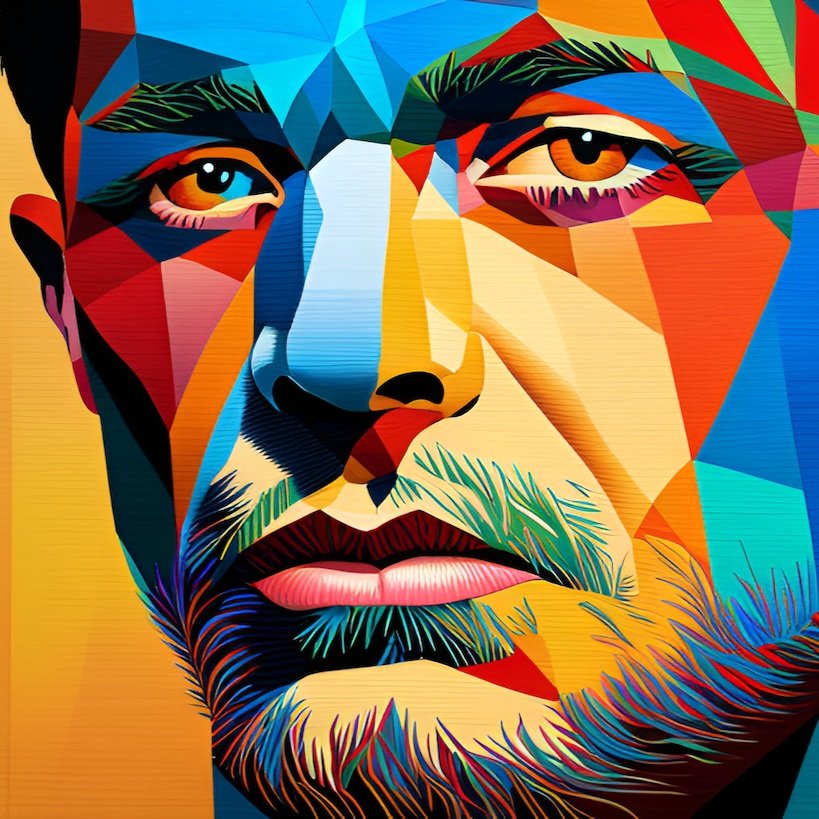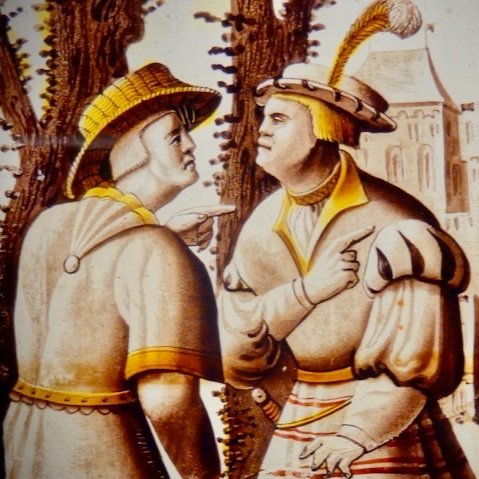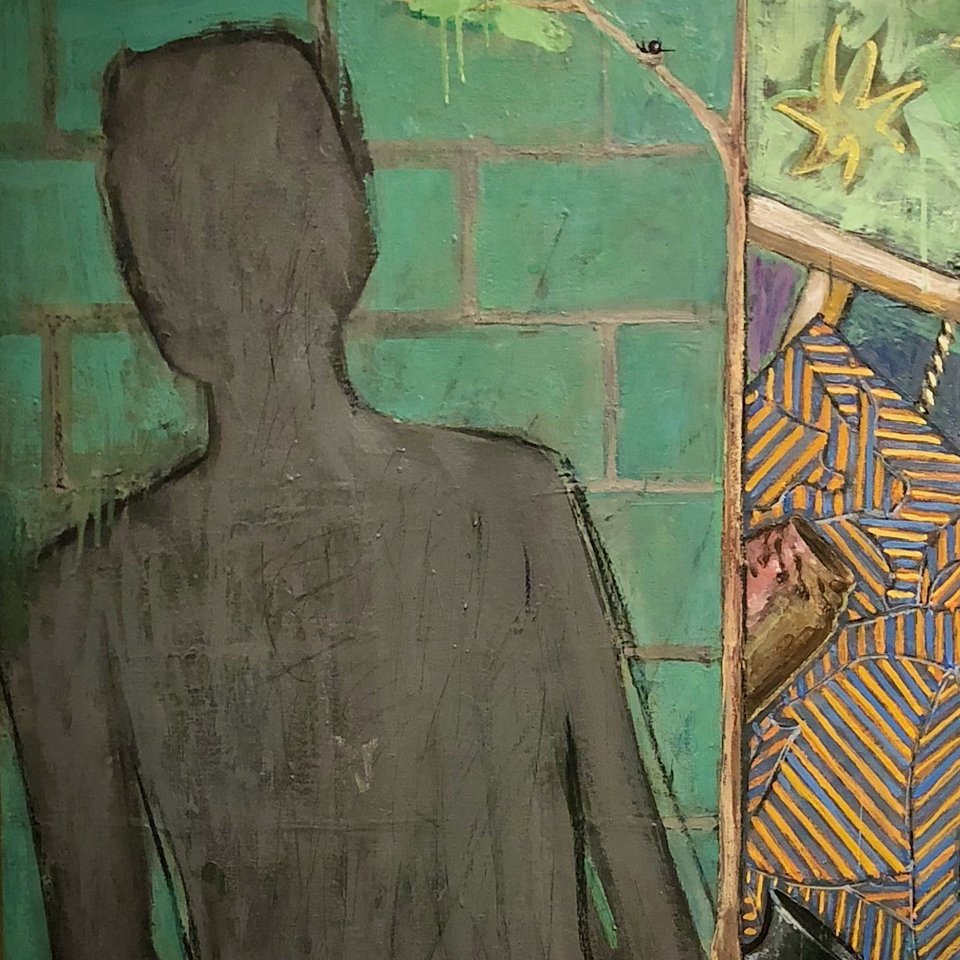Articles from metaphor

The Patterning Instinct and Creativity
Pattern-seeking has been on my mind, partly because it plays a significant role in generative AI, which I’ve also been thinking and writing about. However, I have been reflecting on the impact of patterns on the creative process for longer than I’ve been thinking and writing about generative AI. This is because patterns are also crucial in the creation and appreciation of art.

The Next Probable Word: Generative Text Tools
Generative AI has touched a cultural nerve. Every day there’s a fresh wave of stories, articles, and opinion pieces on the latest advances in generative AI. The frenzy over generative AI will fade, as all stories do in our headline driven news environment, but generative AI is here to stay. We don’t know its full potential, its limitations, or the real dangers it poses. What we do know is that thoughtful discussion and debate on these important topics requires a shared understanding of the technologies themselves. This article is focused on text generation tools, including GPT-3 and ChatGPT.

Casting Spells: The Art of Text-to-Image Generative AI
Generative AI is a type of artificial intelligence that’s capable of analyzing vast amounts of data (text, images, music, video, code, and more) to produce new, unique content. What makes generative AI special is the last part of the sentence above—generative AI systems use existing data to produce unique and creative output that hasn’t been seen before. This article will help you get started with generative text-to-image tools like DALL·E, Stable Diffusion, and Midjourney.

Revising Up
This is the final installment of my three article series on revision. In this article, you’ll learn how to use your creative council to work through your creative blocks, guide your work in progress, and work toward your long-term creative goals. You’ll also learn how increasing your empathy for your readers increases the “ambient intelligence” of your work—and your creativity in the process.

Assembling Your Creative Council: Demons, Muses, and Guides
Overcoming our self-limiting beliefs about our creative capacity is hard. We all know profoundly creative people who’ve never produced the work they are capable of. The antidote to the endless reruns in your head of your greatest fears and failures is the conscious development of a council of many minds. But like any truly useful advisory council, your personal council of many minds must be diverse. It must include the voices of your inner critics (aka your Demons), your inspirations (aka your Muses), and your mentors (aka your Guides).

New Directions: Eight Types of Creative Change
The psychologist Robert Sternberg, a leading researcher and author on creativity, first introduced the Propulsion Theory of Creative Contributions in 19991. The theory describes eight ways a creative contribution such as a research paper, artwork, movie, television show, book, product, or innovative idea can move (propel) a field of endeavor in a particular direction. Sternberg’s theory adds another important dimension to our understanding of creativity: context. The purpose of a creative contribution matters.

The Elusive Definition of Creativity
Who are your creative icons? Chances are most of the artists, scientists, inventors, and others who come to mind are widely celebrated “geniuses”—the household names of creativity. Creative achievements of world-changing magnitude are rare. Still, this is the highwater mark many of us use to measure our own creativity. If the gauge you’re using to assess your creativity includes just one level marked “genius,” you’re setting yourself up for failure. We need a more nuanced understanding of creativity.

Thinking with Others
Our modern concept of creativity is deeply rooted in the value system of the artists and intellectuals of the Romantic era who believed that the greatest sin was being derivative. The biases of the Romantics still influence us. Our culture prizes originality and individuality; we celebrate the “pioneers” and “trailblazers. But our obsession with originality blinds us to the value of thinking with others and untapped knowledge in our collective intelligence.
